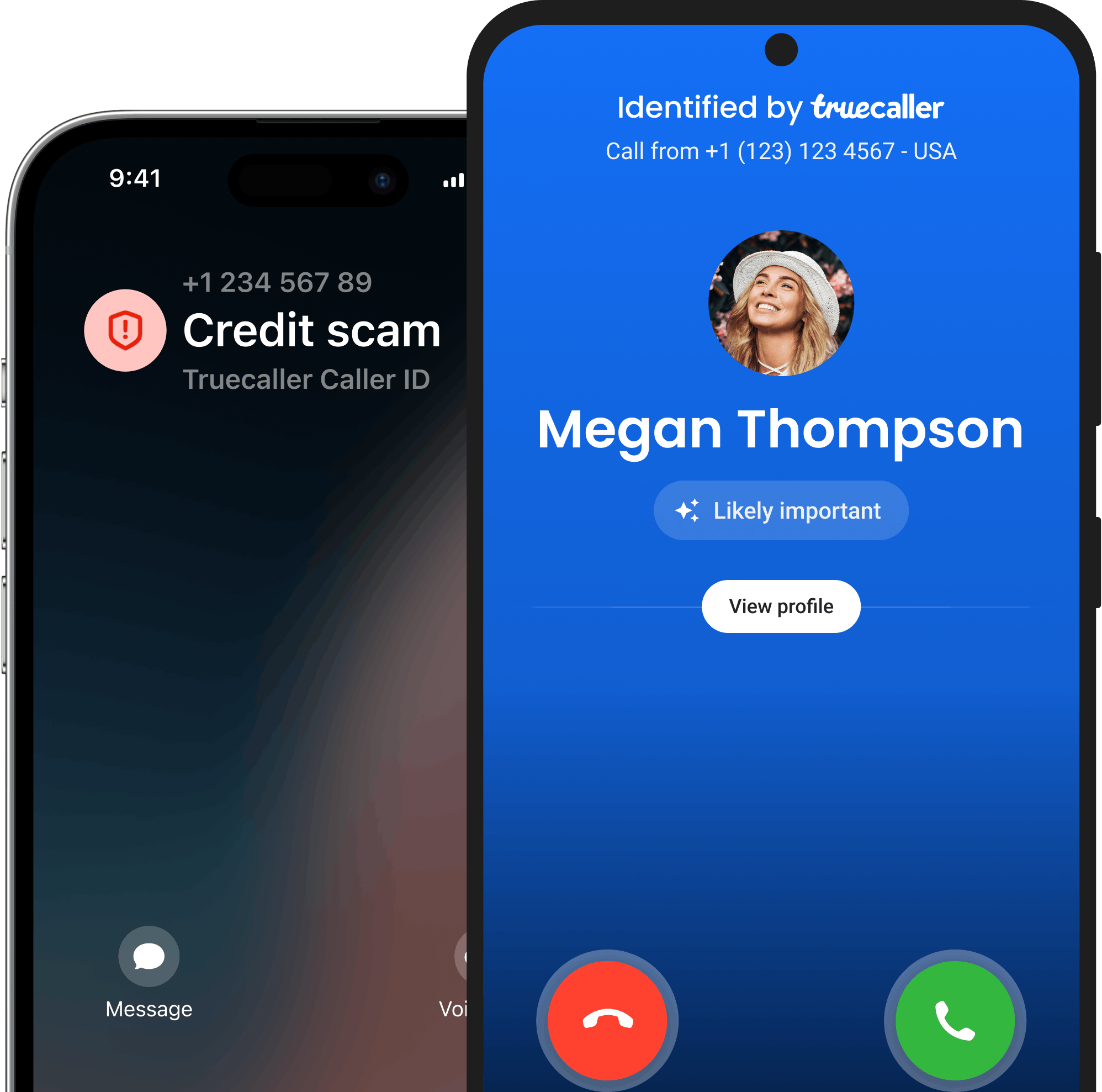
Digital Arrest Scams
What is a digital arrest scam?
Digital arrest scam is among the fastest-growing scams targeting people in India, resulting in people reportedly losing as much as Rs 120 crores in just one year to this particular scam! The first reports of this scam started coming in in 2023 but it was the following year that the digital arrest scam gained notoriety in causing massive financial losses, with one elderly woman losing Rs 20 crores to this notorious scam. This scam uses a combination of WhatsApp and Skype to defraud the victims of their hard-earned money by inducing a sense of fear for their physical safety and threats of jail time in the victims. The government has been hot on the heels of digital arrest scammers, having blocked 59,000 WhatsApp accounts and 1,700 Skype IDs linked with this scam. But unfortunately these steps can come in only after the scammers have already targeted someone, so it's of utmost importance that you are able to identify the digital arrest scam, are aware of how it works, and take the right steps to protect yourself from it.
So let's take a look at how fraudsters running a digital arrest scam operate.
How does a digital arrest scam work?
- Scammers call individuals while impersonating a government authority and accuse them of serious crimes.
- They initiate a video call while wearing a police uniform and display fake arrest warrants bearing the victim's name.
- They scare and intimidate the victim about the consequences of not cooperating.
- They instruct victims to isolate themselves from family members and friends, and not to speak to anyone.
- They keep victims on video calls for several hours or days, and in some cases even months, threatening them to send all their money under the false pretence of a criminal investigation.
Different ways of executing Digital Arrest Scams
Scammers operating the digital arrest scam will call individuals via WhatsApp or regular phone calls, claiming to be from FedEx. They say there's an issue with a parcel the person has sent and that they will need to speak with the Central Bureau of Investigation (CBI) officer. The call is then transferred to a gang member impersonating a CBI officer.
This "officer" claims a parcel containing illegal drugs, passports, and money has been sent with their ID (usually Aadhaar but can also be other national IDs like PAN), making the target a suspect in a major money laundering case. They mention notorious criminals and threaten immediate arrest if the person doesn't cooperate. It is highly likely that the victim will insist that they are innocent. That’s when the scammers suggest it’s possible their identity has been stolen, and they will help clear their name but that they are still under digital arrest.
Once the victim trusts them, the scammers ask them to join a Skype video call where a fake police officer in uniform appears. They present fake arrest warrants and request sensitive information necessary for their "investigation". They instruct the victim to isolate themselves from their family and friends and to not share any details with family members, claiming it is part of an ongoing probe. In some cases, victims have even been asked to check into a hotel for several days without informing anyone.
After the victim is isolated, scammers give specific instructions on where to transfer the money, assuring them that this is necessary to clear their name from crime. They give the pretext that the victim should take out money needed for 6-12 months of expenses from their bank account and send it to one or more "government bank accounts" where it will be kept safe. These digital arrest scammers often ask the victim to transfer funds into multiple accounts, making it harder for the cyber cell to trace the money.
Of course, they tell the victim that all their money will be returned once it is confirmed that they are not involved in the case. Unfortunately, that day never comes.
Digital arrest scammers can also impersonate TRAI officials and intimidate individuals by claiming that their SIM card has been used to send pornographic videos to women and others. The victim then receives a video call from a fraudster impersonating a CBI official, who informs them that their phone number has also been linked to major money laundering and human trafficking cases.
Feeling threatened, the victim pleads for a resolution, insisting that they are innocent of all the alleged crimes. The scammers then suggest that this might be a case of identity theft and promise to help clear the victim's name if they cooperate.
They ask the victim about their savings and investments, and in some cases, they even pressure the victim to take out loans to assist with the "case." Under this pressure, the victim transfers all their money, hoping to receive a clean chit from the so-called police officials. By the time the victim realises it was all part of a scam, the perpetrators are long gone.
How to protect yourself from a digital arrest scam?
- Remember -- no government official will threaten you with dire consequences over a video call.
- Government authorities will never ask for your sensitive or private information or ask you for money.
- It is important to stay calm when receiving such calls, as it will help you make the right decisions.
- Talk to your family members/ friends in case of suspicious calls for a second opinion.
- Download the Truecaller app to identify scammers and block spam calls. Truecaller even works on WhatsApp and Telegram calls and can identify the name of the caller and tell if you if it is a fraud call.
Are you a victim of digital arrest scam? Do this
- Do not attempt to contact the scammer again.
- Call your bank immediately; they can freeze your accounts.
- Lock your biometrics in Aadhaar card.
- Gather all documents, messages, and SMS exchanges with the scammer. It might help cyber cell to trace the fraudsters.
- Continuously monitor your bank accounts for any suspicious activity.
- Also, install Truecaller so that you are shielded from such scams going forward, as Truecaller gives fraud warnings in both messages and caller id to help protect its users from identified scammers!
Where to report a digital arrest scam
- For immediate assistance and guidance on cyber fraud, call 1930 (toll-free)
- File a cyber crime report on
https://cybercrime.gov.in/ or
https://sancharsaathi.gov.in/sfc/Home/sfc-complaint.jsp - Serious Fraud Investigation Office: https://sfio.gov.in/
- Chakshu - Report suspected fraud communication: https://services.india.gov.in/service/detail/chakshu-report-suspected-fraud-communication
- Access the list of state-wise nodal officers and their contact details from
https://cybercrime.gov.in/Webform/Crime_NodalGrivanceList.aspx - Contact your bank immediately
Reporting the scam on Truecaller will help prevent others from becoming victims.
Conclusion
To protect yourself from digital arrest scams, it's important to stay calm and think carefully. Government officials will never ask for sensitive information or money over the phone. If you receive such calls, do not engage directly and always consult with family or friends for a second opinion. Using apps like Truecaller can help identify potential scam numbers, and if you suspect you've been targeted, contact your bank immediately. By staying alert and following these steps, you can avoid falling victim to these scams.

